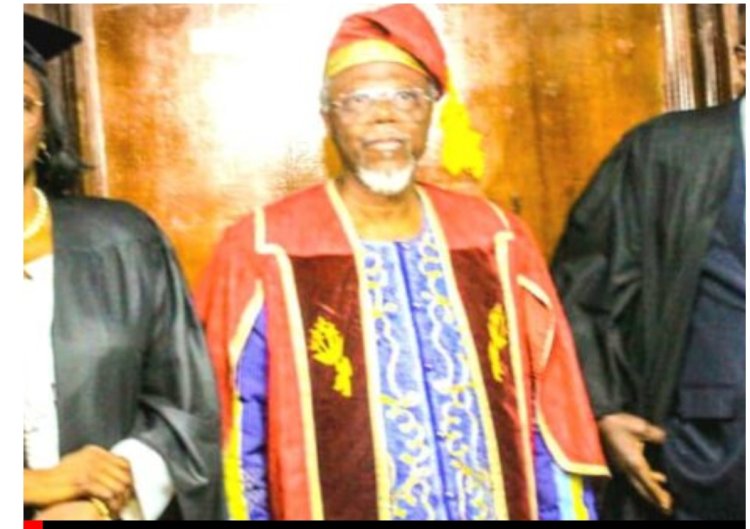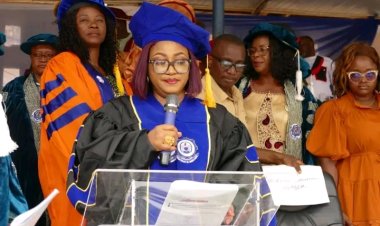Professor Toyin Falola Advocates for Educational Reform in Nigerian Universities
He argued that such a combined honours program would equip graduates with a comprehensive understanding of culture, science, and economics, fostering transformational development. Falola stressed the importance of an interdisciplinary approach that allows students to explore and integrate knowledge from these diverse academic disciplines.

In a significant call for change, Professor Toyin Falola, the Jacob and Frances Sanger Mossiker Chair at the University of Texas at Austin, has proposed the introduction of a combined honours program in culture, science, and economics within Nigerian universities. Delivering the 54th Convocation lecture at the University of Lagos, Falola emphasized the urgent need to overhaul the existing educational system inherited from colonial authorities.

He argued that such a combined honours program would equip graduates with a comprehensive understanding of culture, science, and economics, fostering transformational development. Falola stressed the importance of an interdisciplinary approach that allows students to explore and integrate knowledge from these diverse academic disciplines.
Furthermore, the professor recommended the use of indigenous languages for teaching and interaction among lecturers and students, irrespective of their courses of study. This, he believes, would contribute to efforts aimed at decolonizing African higher education.
Addressing the need for a more holistic educational experience, Falola urged Nigerian universities to adopt social activities that promote interconnection and the exchange of ideas among students. The lecture aimed to bring into focus the ways in which Nigerian universities can move away from a colonial-oriented model towards a more locally relevant and transformative approach.
In response to the recommendations, the Vice-Chancellor of the University of Lagos, Prof. Folasade Ogunsola, highlighted the importance of reassessing the current educational system, which she stated has not been able to drive the all-around development needed for Nigeria, despite its population and positive demographic factors. She emphasized the need for a shift in mindset and the development of new policies that embrace Nigeria's peculiarities and unique flavor.
The 54th Convocation Ceremonies at the University of Lagos, which commenced on January 13, 2023, have become a platform for crucial discussions on the future of education in Nigeria. With 17,464 students graduating, including 379 first-class graduates, the university seeks to address the challenges and gaps in the current educational system, paving the way for a more transformative and locally relevant approach.





